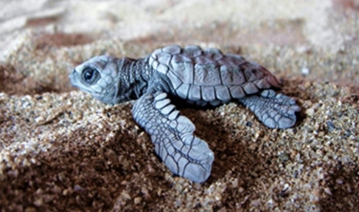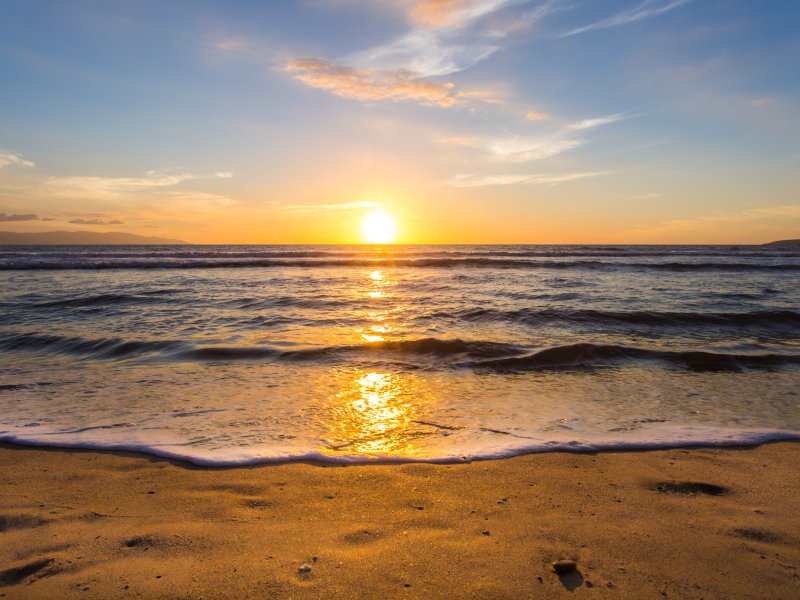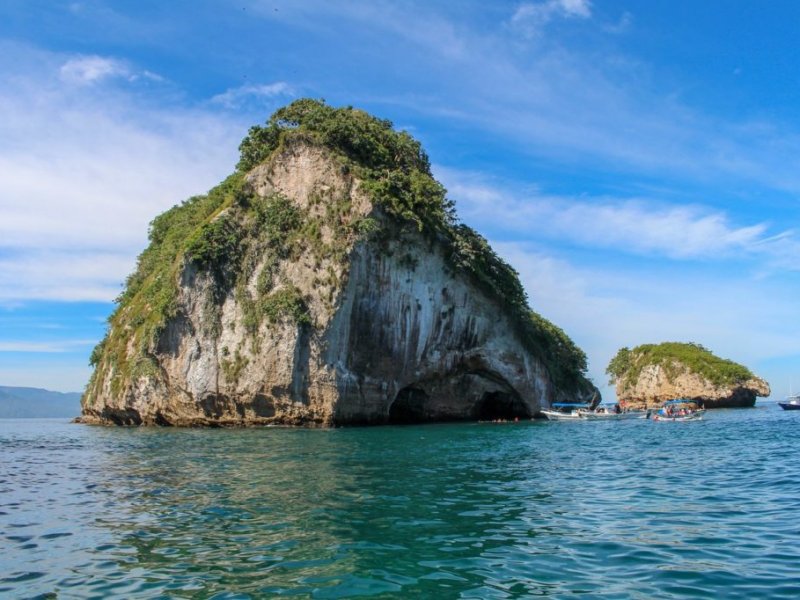Environmental Culture at Grand Velas
By Betsua Salazar
Translated by Nyima Bieber
In addition to focusing on excellent service, when it comes to the environment Grand Velas Riviera Nayarit is also socially responsible. The resort contributes to the protection of marine turtles and keeping the beach clean. It even holds contests related to the conservation of the species and generously awards the winners.
The sea turtle, as an endangered animal, is one of the reptiles that is very carefully preserved by environmentalists; these guardians of wildlife are most concerned about the Laud, Carey and Lora species of turtles.
The gulf turtle is the species that most often visits Banderas Bay and their nesting season begins in October. They come to the beach to dig an approximately 45-centimeter hole in the sand to lay their eggs, a process which takes about an hour.
There are two ways to distinguish the sex of a turtle: the temperature at which they hatch or by their tail. If the temperature is below 28° C or they have a tail, it is a male: If the temperature exceeds 28° C or they have no tail, the turtle is a female.
Among the myths that are told about the turtle is one that claims that the females cry as they lay their eggs (supposedly due to pain). In reality, however, what actually happens is they must lubricate their eyes during the time that they are not in the sea. Per nest, they can lay from 50 to 200 eggs and they do this until the age of 15 or 20 years.
Hunting and consumption of turtles is a federal crime in Mexico, for which the punishment ranges from one to nine years incarceration. Furthermore, turtle eggs have high levels of cholesterol and the reptile itself can carry various diseases including tuberculosis.
Finding nests on the beach or seeing turtles walking towards the sea does not mean that people should grab them and help to get there faster. Ideally, they can be monitored and protected from predators and people.
About a year and a half ago, Grand Velas Riviera Nayarit had the opportunity to be part of an arribada, or mass turtle nesting. The beach was full of turtles, which was an amazing phenomenon for both tourists and residents to see.
¿Buscas la versión en español?












